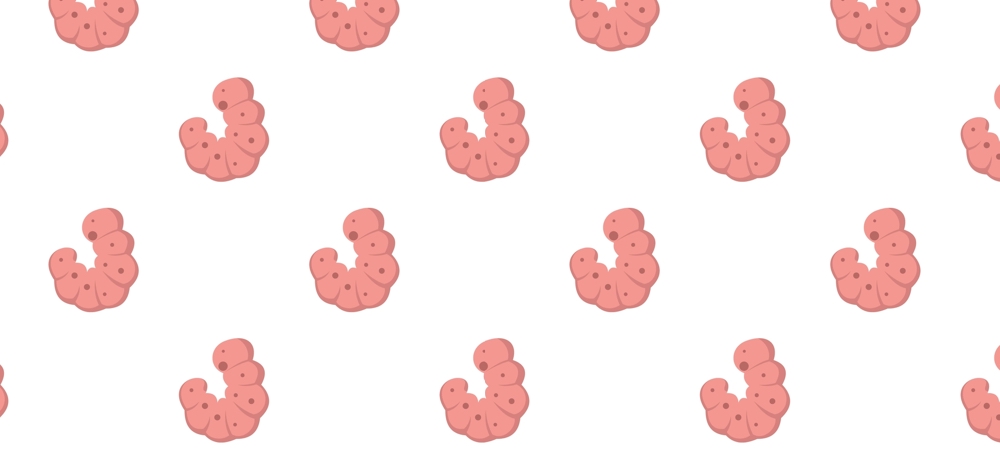They may be creepy, crawly and slimy, but maggots are cleaning wounds better than your surgeon, a study from France suggests.
In the study, men who had wounds that wouldn’t heal, were randomly assigned to have dead and unhealthy tissue removed from their wounds by standard surgical therapy, or maggot therapy. For the maggot therapy, live maggots were placed into their open flesh to eat away the dead tissue.
After a week, researchers discovered that the men who received the maggot therapy had less dead tissue in their wounds than the men who had conventional surgery done by a doctor.
After two weeks, though, there were no differences between the groups. Both had the same amount of dead tissue in their wounds, and the maggots did not help wounds heal any faster.
You may be asking: “But why was this creepy study done in the first place?!”
Maggot medicine
Maggot therapy isn’t anything new. Medical use of maggots was approved in 2004 by the U.S. Food and Drug Administration. When placed on a wound, maggots begin to eat dead tissue. While they do this, they secrete an enzyme that dissolves rotten tissue and fights infection. What makes them even more effective, is that they leave behind healthy tissue, which helps to reduce the risk of infection.
According to new research in Clinical Infectious Diseases, maggots were found useful in treating deep wounds without increasing the risk of further infections. “Maggot debridement (removal of foreign of dead tissue) takes out all the dead and infected tissue, which is necessary for the wound to close,” says lead author of the study, Anne Dompmartin-Blanchère. Surgical debridement on the other hand, is often lengthy and painful, something that maggot therapy eliminates, she explains.
Is it safe?
Maggot therapy was a breakthrough in the medical field, but there are a few challenges to the treatment.
First, there’s the ick factor! So patients need to be psychologically strong to go thought with it.
There’s also some pain involved. Doctors also worry that disinfected larvae may cause or worsen a preexisting infection in a wound.
Although the effects of maggot therapy weren’t significant in the most recent study, it may be useful in some patients with diabetes, whose wounds need rapid control, or in those who can’t undergo surgery or receive anaesthesia. A review of all the studies on Maggot Debridement Therapy (MDT) in 2014, showed that conducted in 2014, improves the healing rate of chronic ulcers.
Who would’ve thought that little creepy crawlies could be the future of medicine? Would you be able to go through with the treatment?
References:
- http://www.sciencemag.org/news/2012/12/how-maggots-heal-wounds
- http://www.webmd.com/diabetes/news/20040920/healing-wounds-with-maggots
- https://www.livescience.com/17554-maggots-clean-wounds-faster-surgeons.html
- http://www.sciencedirect.com/science/article/pii/S1201971214014945

